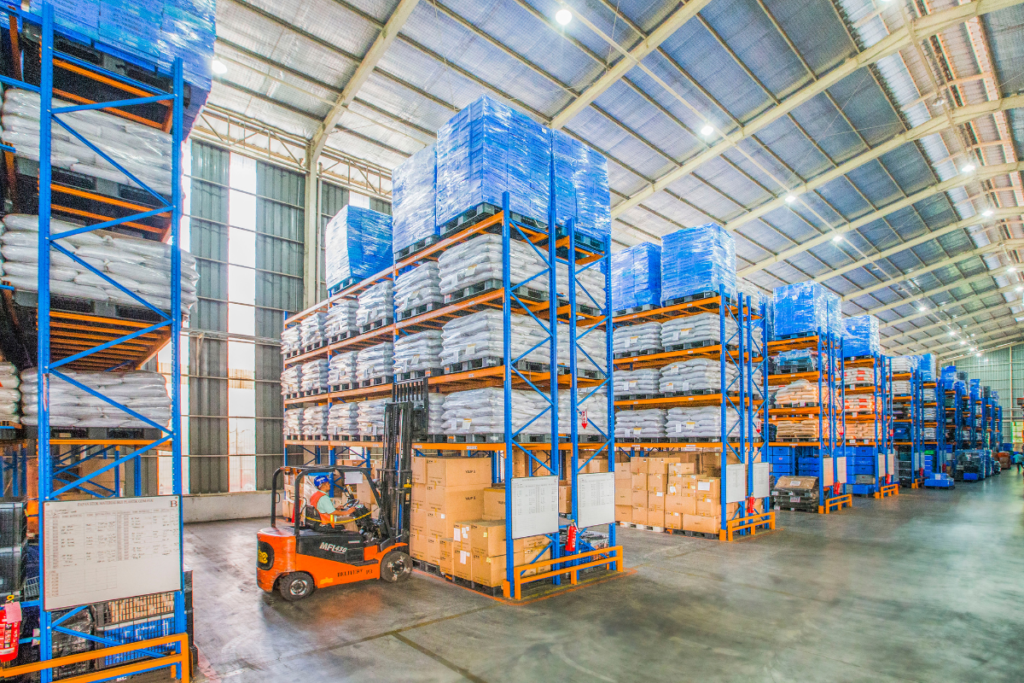
As businesses strive to meet the ever-growing demands of global supply chains, the need for streamlined freight management processes has never been more critical.
In this blog post, we’ll explore some innovative strategies to tackle the challenges faced by logistics and forwarding companies, offering practical solutions to enhance efficiency, reduce costs, and ultimately, boost overall operational success.
Embrace Technology Integration
One of the key factors in modernizing freight management processes is the integration of cutting-edge technologies. Embracing a robust Transportation Management System (TMS) allows businesses to automate and optimize various tasks
What to do?
- Research and invest in a comprehensive Transportation Management System (TMS) that aligns with your specific needs.
- Explore cloud-based platforms for increased accessibility and collaboration.
- Regularly update and optimize your technology stack to stay ahead of industry advancements.
Data-Driven Decision Making
In the logistics realm, data is king. Utilizing advanced analytics tools enables companies to derive actionable insights from the vast amount of data generated daily.

What to do?
- Implement analytics tools that align with your business goals and KPIs.
- Regularly analyze data to identify trends, anticipate challenges, and optimize processes.
- Ensure data security and compliance with relevant regulations to maintain trust and credibility.
Real-Time Tracking and Visibility
In an era where speed and transparency are paramount, real-time tracking solutions are a game-changer. Providing customers with visibility into their shipments not only builds trust but also allows for proactive issue resolution.
What to do?
- Implement GPS and IoT technologies for accurate and real-time tracking.
- Provide customers with access to a user-friendly tracking portal.
- Establish clear communication channels for instant issue resolution.
Collaborative Supply Chain Partnerships
Success in logistics is often a team effort. Establishing clear lines of communication and sharing information in real time can lead to more efficient operations, reduced lead times, and improved overall customer satisfaction.
What to do?
- Regularly communicate and share information with supply chain partners.
- Implement collaboration tools to streamline communication.
- Establish mutual goals and key performance indicators for continuous improvement.
Warehouse Optimization

Efficient freight management extends beyond transportation. Optimizing warehouse operations is a crucial component of the supply chain. Implementing automation can significantly reduce processing times, minimize errors, and improve inventory accuracy.
What to do?
- Invest in warehouse management systems (WMS) and automation technologies.
- Conduct regular audits to identify and address inefficiencies.
- Optimize storage layouts for quick and efficient retrieval of goods.
Sustainable Practices
In an age where sustainability is a top priority, logistics companies can streamline their processes by incorporating eco-friendly practices. Embracing sustainable initiatives not only benefits the environment but also enhances the company’s reputation and attracts environmentally conscious clients.
What to do?
- Optimize routes to minimize fuel consumption and reduce carbon footprint.
- Source and use eco-friendly packaging materials.
- Educate staff and clients about the importance of sustainable logistics practices.
Continuous Training and Development
Investing in the training and development of staff is an often overlooked but essential strategy. Well-trained employees are better equipped to handle challenges, make informed decisions, and adapt to evolving technologies.

What to do?
- Provide regular training sessions to keep staff updated on industry trends.
- Encourage employees to pursue relevant certifications and courses.
- Foster a culture of learning and improvement through recognition and rewards
Conclusion
So, to sum it all up, the journey to streamlined freight management demands a fusion of technology, collaboration, and sustainability for logistics and forwarding companies. As leaders, embracing these strategies ensures not just adaptation but a pioneering role in the industry’s evolution.
Make sure to always come up with new and cool ideas, invest in skilled people, and stay on the lookout for new trends that are popping up.
